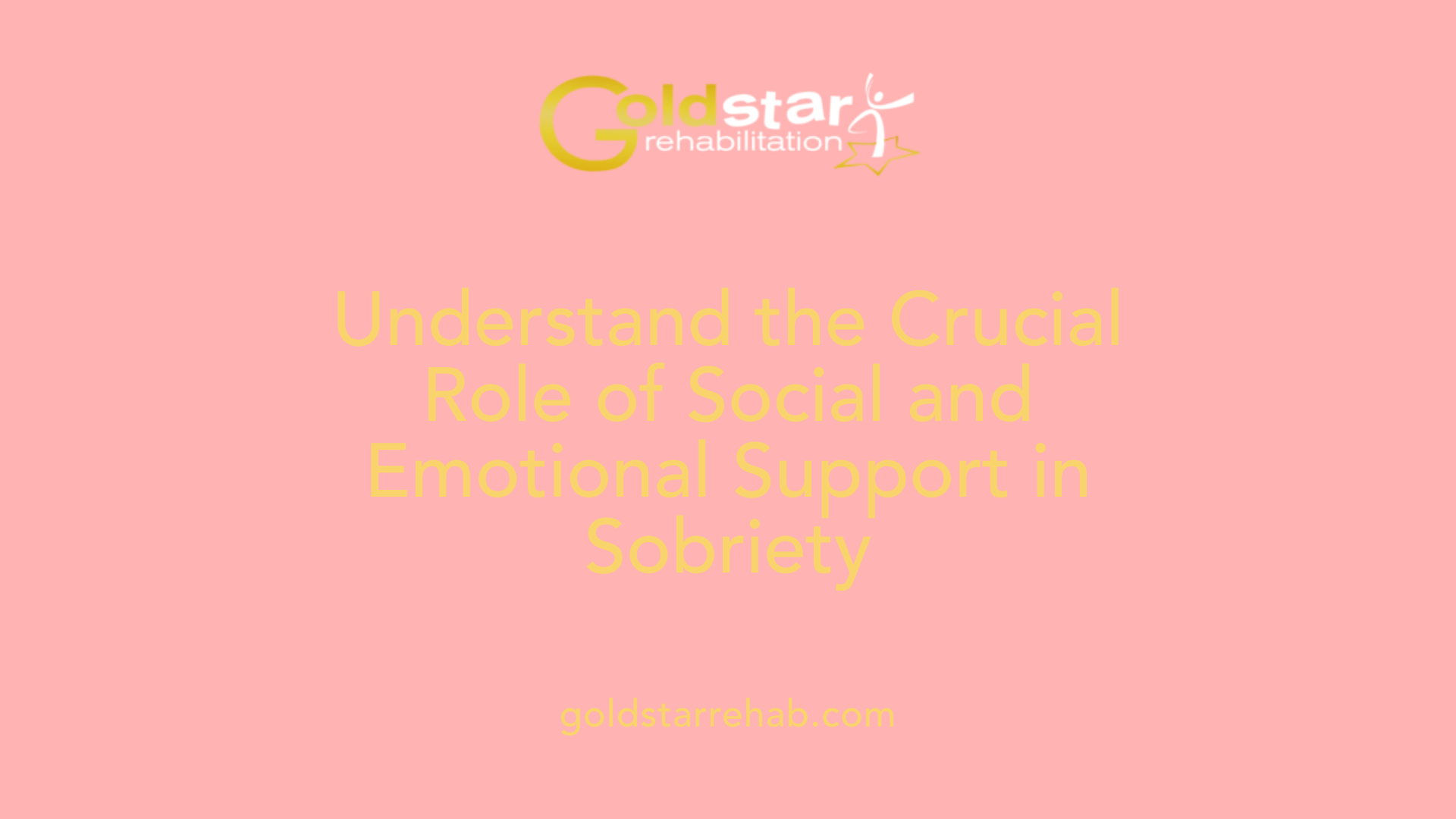The role of support groups in addiction rehab programs
Supporting Recovery through Community and Connection
Table of Contents
Understanding the Significance of Peer Support in Addiction Recovery
Support groups are an integral component of addiction rehabilitation, providing a communal environment where individuals can share experiences, foster hope, and build resilience. These groups complement professional treatment by offering social, emotional, and practical support, which significantly enhances recovery outcomes. As recovery is an ongoing process, the role of peer-led support networks becomes crucial in maintaining sobriety and preventing relapse.
The Foundations and Types of Support Groups in Addiction Recovery

Different types of support groups including 12-step programs, secular organizations, and family support groups.
Support groups for addiction recovery come in many forms, each tailored to meet different needs and philosophies. The most well-known are the 12-step programs like Alcoholics Anonymous (AA), Narcotics Anonymous (NA), and other spiritually inclined groups that emphasize spiritual growth, peer support, and sponsorship.
Apart from these, there are secular organizations such as SMART Recovery, which focus on self-empowerment, rational coping strategies, and scientific approaches to sobriety. Groups like Women for Sobriety and LifeRing provide culturally specific or gender-focused support, fostering environments where individuals can feel more comfortable sharing their experiences.
Family and loved ones also have dedicated support groups like Al-Anon and Nar-Anon, which help family members cope with their loved ones’ addiction while also fostering healthier family dynamics.
How these groups operate and their foundational principles.
Support groups operate primarily on peer-led, mutual support models. Members openly share their personal stories, struggles, and successes to inspire and motivate each other.
12-step groups, for example, follow a spiritual-based, structured format that involves admitting powerlessness over addiction, making amends, and fostering ongoing spiritual growth.
Secular groups like SMART Recovery focus on cognitive-behavioral techniques, relapse prevention, and self-management tools, often involving educational workshops and skill-building activities.
Family support groups serve as a space for relatives to gain understanding about addiction, share experiences, and develop coping strategies. They emphasize mutual support, emotional healing, and practical guidance.
All these groups are built on core principles of confidentiality, shared experience, peer encouragement, and fostering a non-judgmental environment. The structures are designed to promote long-term engagement, accountability, and empowerment, regardless of the specific format.
Benefits for individuals and families dealing with substance abuse
Support groups offer numerous advantages for both individuals struggling with addiction and their families.
For individuals, they provide emotional support, practical advice, and a sense of belonging. These groups help reduce feelings of isolation, enhance motivation, and develop coping skills.
Families benefit from gaining insight into the recovery process, reducing stigma, and learning effective ways to support their loved ones. This shared environment fosters healthier communication, reduces tension, and creates a unified front that encourages ongoing treatment.
Participation often results in increased abstinence rates, lower relapse chances, and improved mental health.
The importance of social and emotional support provided by support groups
Social and emotional support plays a crucial role in sustaining sobriety. Support groups help build a sense of community, trust, and mutual accountability.
They assist members in managing emotional challenges like guilt, shame, and anxiety, which often accompany addiction recovery.
Shared experiences and peer validation can significantly boost self-efficacy and resilience.
This support environment provides motivation and hope, which are essential for long-term recovery.
How support groups contribute to recovery and treatment outcomes
Research indicates that participation in support groups enhances treatment adherence and long-term sobriety. They promote ongoing engagement with recovery efforts, help develop new coping mechanisms, and create protective social networks.
Support groups often serve as a bridge between formal treatment and everyday life by reinforcing skills learned in therapy and offering ongoing community support.
They also contribute to harm reduction by promoting safe practices and risk awareness.
The emotional reinforcement, social cohesion, and accountability fostered in these groups are linked to higher abstinence rates, reduced relapse, and improved overall well-being.
The role of peer support groups in substance abuse recovery
Peer support groups are central to modern addiction recovery paradigms. They empower individuals by providing relatable role models, shared understanding, and emotional safety.
Members often find renewed hope and motivation through stories of success, fostering a sense of possibility.
These groups help normalize the challenges of recovery, reducing shame and stigma.
Peers facilitate skill-sharing—such as trigger management, relapse prevention, and stress reduction—which enhances self-efficacy.
Overall, peer-led groups build a sustainable support system that bolsters personal recovery journeys and long-term abstinence.
Support as a Pillar of Sustained Recovery
Incorporating support groups into addiction rehab programs is essential for fostering long-term sobriety. These groups create a community of shared experiences, offer continuous emotional and social backing, and reinforce motivation and accountability. As part of a comprehensive treatment plan, they enhance engagement, improve recovery outcomes, and help individuals develop resilient coping skills. The power of peer support extends beyond the initial phase of recovery, serving as a lasting resource that sustains individuals through life’s challenges. Recognizing and leveraging the vital role support groups play can dramatically improve the outlook for those battling substance use disorders, making them indispensable in the journey toward long-term recovery.
References
- Benefits of peer support groups in the treatment of addiction - PMC
- The Role of Support Groups in Substance Use Disorder Recovery
- The Benefits of Support Groups for Substance Abuse
- The Crucial Role Of Support Networks In Addiction Recovery
- Support Groups - Addiction Center
- The Importance of Social Support in Recovery Populations
- 10 Reasons to Have Support Groups in Addiction Recovery
- The Role of Peer Support Groups in Substance Abuse Recovery
.png)








%20(1).jpg)




.jpg)





.jpg)

.jpg)











